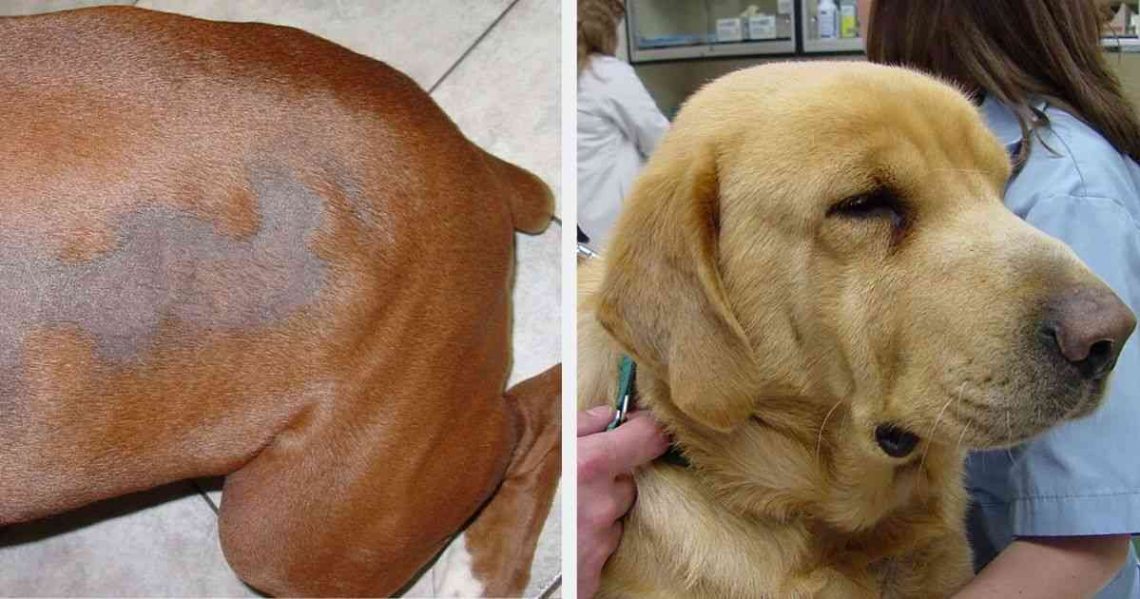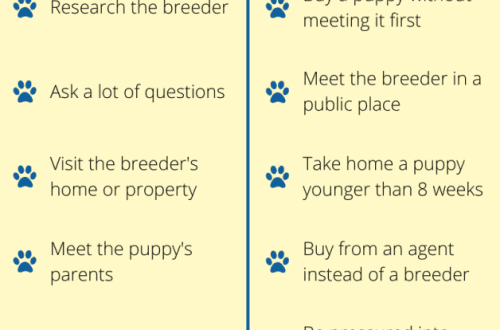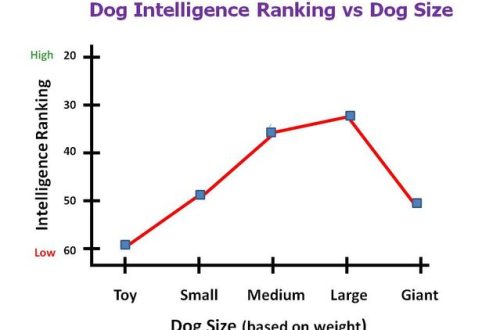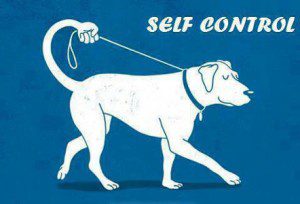
Hypothyroidism in a dog: causes and treatment
If your pet has been looking very tired lately, or has skin or coat problems, it may be hypothyroidism. Fortunately, thyroid problems in dogs are easy to diagnose and treat. While the exact cause of this hormonal disease in our four-legged friends is not entirely clear, what is known is how hypothyroidism affects dogs and how to treat it.
Contents
What is the thyroid gland
The thyroid gland in both dogs and humans is a butterfly-shaped gland located in the neck near the windpipe. It is part of the endocrine system, produces hormones necessary for the normal functioning of cells, and also affects the metabolism in the body.
A pet that is producing excessive amounts of thyroid hormone may develop signs of hyperthyroidism. These include diarrhea, heart palpitations, anxiety, and hyperactivity.
If the thyroid gland does not produce enough thyroid hormone, the pet develops hypothyroidism, which is the most common problem in four-legged pets.
Causes of Hypothyroidism in Dogs
The disease is most often diagnosed in dogs between the ages of 4 and 10 years. In most cases, hypothyroidism in dogs is caused by an autoimmune disease that causes shrinkage or inflammation of the thyroid tissue.
At the moment, nothing is known about the genetic causes of this failure in the body. However, according to the American Kennel Club, medium and large breeds are at greater risk than toy and miniature breeds. Cocker Spaniels, Giant Schnauzers, Dachshunds, Dobermans, Golden Retrievers, Airedale Terriers, and Irish Setters are also more likely to develop the condition. In rare cases, hypothyroidism in dogs can develop due to thyroid cancer. Spayed and neutered pets are at higher risk, but the many benefits of spaying and neutering outweigh this perceived risk.
Symptoms of Hypothyroidism in Dogs
The disease affects all body systems, including the gastrointestinal tract, nervous system, and circulatory system. If a pet is not spayed and neutered, hypothyroidism can affect their reproductive system.
The most common signs of thyroid dysfunction in four-legged friends are:
- excessive fatigue;
- psychological retardation or depression;
- weight gain;
- skin infections;
- cold intolerance;
- changes in the skin and coat, including shedding, excessive shedding, severe dandruff, dry or dull coat, and skin hyperpigmentation;
- prolonged estrus cycles in unneutered bitches;
- general weakness and other neuromuscular problems;
- walking on stiff legs or loud breathing as a result of a violation of the normal function of the larynx.
Diagnosing Hypothyroidism in Dogs
The good news is that thyroid problems in dogs, unlike humans, are usually easy to diagnose and treat. If the owner suspects that the pet has such a problem, you need to write him to the veterinarian. At the appointment, the specialist will ask a few questions, conduct an examination, and probably order some laboratory tests. Most likely, these will be blood and urine tests.
A common symptom of hypothyroidism in dogs is high blood cholesterol. In addition, most veterinary clinics can take a blood test for the level of thyroid hormones in dogs.
The combination of all this information will allow the veterinarian to get an overall picture of the pet’s health and determine the presence of hypothyroidism.
Treatment for hypothyroidism in dogs
If your four-legged friend has been diagnosed with hypothyroidism, don’t worry. While there is no cure for hypothyroidism in dogs, most cases can be easily and relatively inexpensively treated with oral thyroid supplements.
The supplement mimics the action of thyroid hormone. If successful, the pet’s energy level will be restored, he will lose weight, become more cheerful and stop shedding heavily.
The most important thing to remember in treatment is maintaining balance. If your dog takes too many thyroid supplements, he may develop signs of an overactive thyroid. If your veterinarian prescribes a thyroid supplement for your pet, it is important to follow all dosage instructions. Changes should not be made without consulting a specialist.
A couple of weeks after the dog starts taking medication, the doctor will most likely ask to return to the clinic to take a second blood test. So the specialist will be able to make sure that the level of thyroid hormones in the four-legged patient has returned to normal. Once hormone levels have stabilized, the veterinarian will likely want to check the dog once or twice a year..
Nutrition for dogs with hypothyroidism
Proper nutrition for a dog with hypothyroidism is an important part of maintaining overall thyroid health. Pets with hypothyroidism should receive food that contains balanced levels of amino acids, iodine, probiotics for gut health, antioxidants, and the optimal number of calories to help maintain a normal weight. The veterinarian should also provide nutritional advice.
Thyroid problems in dogs are common and fairly easy to manage. Even with such a diagnosis, a pet can live a long, healthy and happy life.





